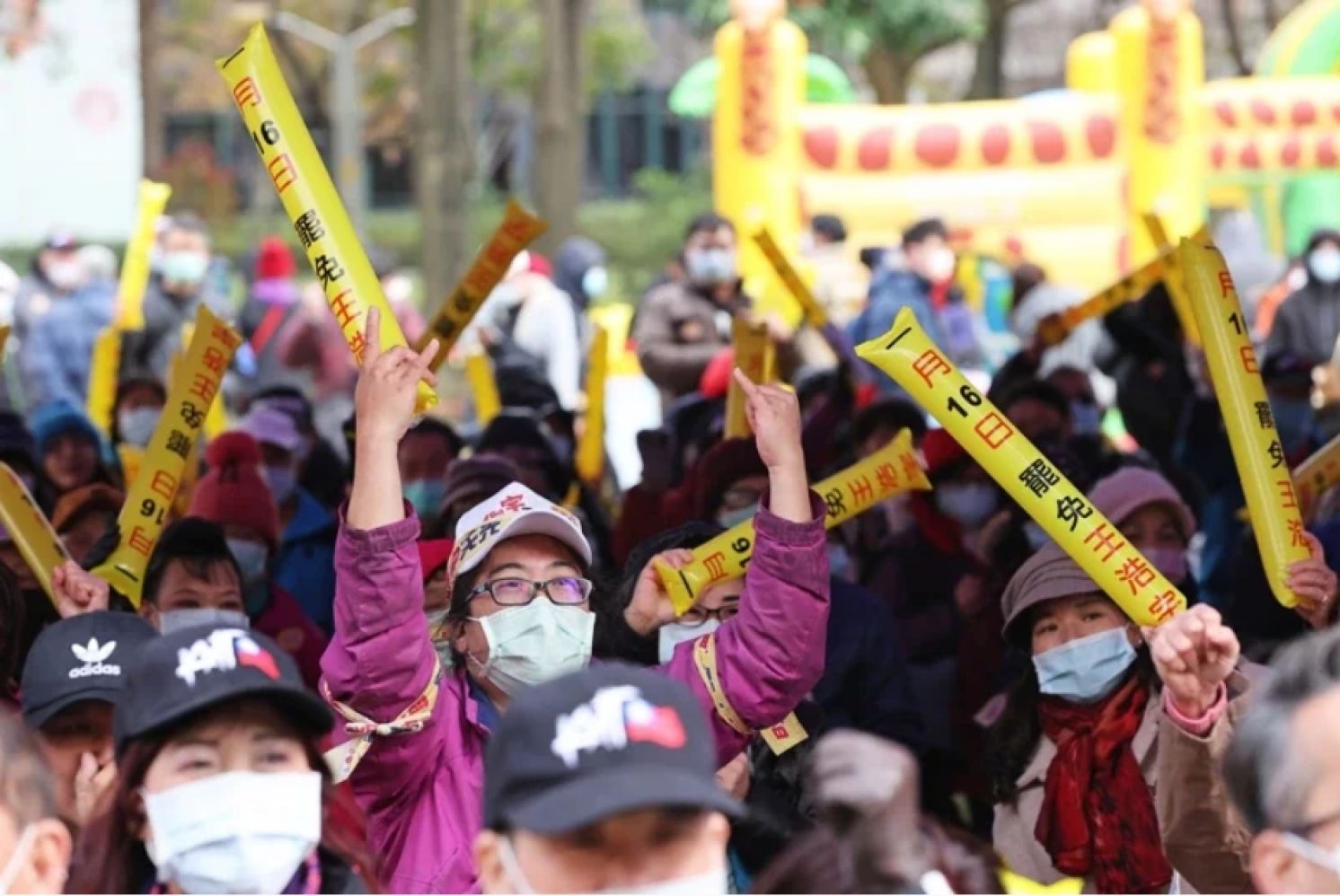
Who Made Recalls Driven by Hatred?
United Daily News Editorial, January 18, 2021
The recall of Taoyuan City Councilman Wang Hao-yu perhaps falls short of a truly satisfying victory, but it strikes a blow against those that merely govern with lip service rather than actions. In the age of the internet, those who are performative and outspoken might find themselves media darlings overnight, especially after the Sunflower Movement. However, Wang failed to live up to the hype and was dismissed with five times the number of votes he received when elected, a testament to the distaste that the voters of Zhongli in Taoyuan had for their representative.
The recall also exposed the weakness of the Democratic Progressive Party’s (DPP) overly speculative strategy, which finally caught up to them. Councilman Wang was first elected as a member of the Green Party, but after seeing the success of the DPP in elections last year joined up with them instead. The DPP appeared to have no qualms with this behavior and embraced him in the party, valuing his quick wit and wordplay on the political stage. Who could have foreseen that just one year later Wang would become the first councilman in Taiwan to be deposed. If his initial betrayal of the Green Party showed him to be a faithless operator, how does that reflect on the DPP’s willingness to bring him in?
It is interesting to note that if Councilman Wang had remained a member of the Green Party, the odds of him being deposed may have actually been lower — but his membership with the DPP intensified opposition to him by those who elected him. When he was still a member of the Green Party, Wang’s political games entertained the public as it was not set against the fractious debates of the blue and green parties. However, after he joined the DPP and in an effort to showcase his own appeal, his political rhetoric became more targeted and aggressive. The DPP allowed him to do as he pleased. This eventually led to opposition parties joining forces to “strike at the king.” The DPP assessed the situation to be out of control and too far gone and that it itself had to endure the public grievances of this recall.
This whole situation around the recall has been dubbed the “Inverted Universe” (as a play on the councilman’s name, universe as a homonym) or “The New Zhongli Incident.” In the previous Zhongli incident, dated 1977, the Kuomintang’s (KMT) election activities drew the ire of the local electorate and the public surrounded the police station in protest to fire the newly elected officials. In this new Zhongli incident, 84,000 residents voted to oust Councilman Wang, who was elected with only 16,000 votes prior. On one hand, it shows positive civic consciousness of the electorate. On the other hand, it highlights the deficiencies of the recall system. Even if the vote had in theory not crossed the threshold required of 81,000 votes, Wang should have resigned in the face of such poor approval ratings.
Why should our system require more than 80,000 votes to remove someone elected by only 16,000? Why does an elected member of a small constituency need the force of will of a larger, general constituency to remove him? These questions are probably confusing to many members of the public. The reason for this is that in recent years the DPP has amended the “Election Law” and “Referendum Law,” a change of convenience but not practical application. It is because of this that Councilman Wang required five times the number of votes that had elected him to depose him and the removal of Kaohsiung Councilwoman Huang Jie four times the number of votes that was used to elect her. However, for legislator Chen Po-wei of Taichung, only 65% of the votes elected him is sufficient to recall him. Such a system is neither reasonable nor fair. It is obvious that if not reformed this sort of rule will only lead to more injustice down the road.
What’s even more worrisome is that since the DPP’s started its successful campaign to “cut the appendix” when it was the opposition, along with its success to recall mayor Han Kuo-yu last year — this has inspired a wave of removals through lobbying. From the perspective of a democratic process, these retaliatory recalls both consume social resources and foster division—certainly not a benefit to democracy. However, how can the opposition stand idle if there is poor performance on the part of the incumbent DPP? What’s more, it was the DPP that continuously lowered the threshold of removal to get rid of mayor Han Kuo-yu. Should the KMT not launch countermeasures with the mechanisms now in place?
Councilman Wang lost his mandate through his arrogance. His fortunes rose and fell in quick succession and he paid the price. However, we would also caution all against seeking the joy of “hunting” because of this success in his removal. With the wave of removals growing, may do more harm than good and at the end of the day, democracy should be used to foster positivity not division.